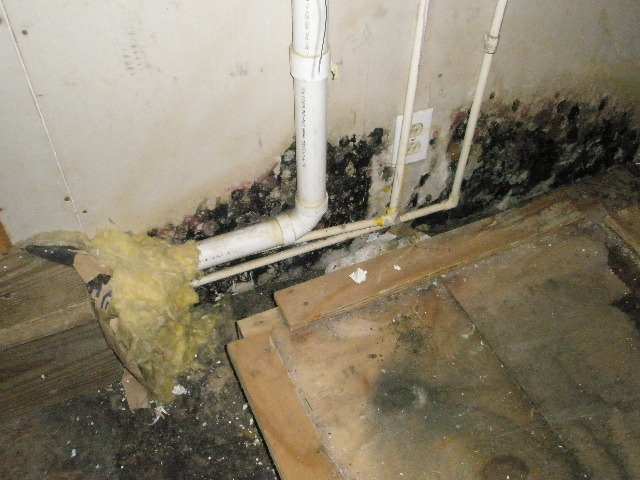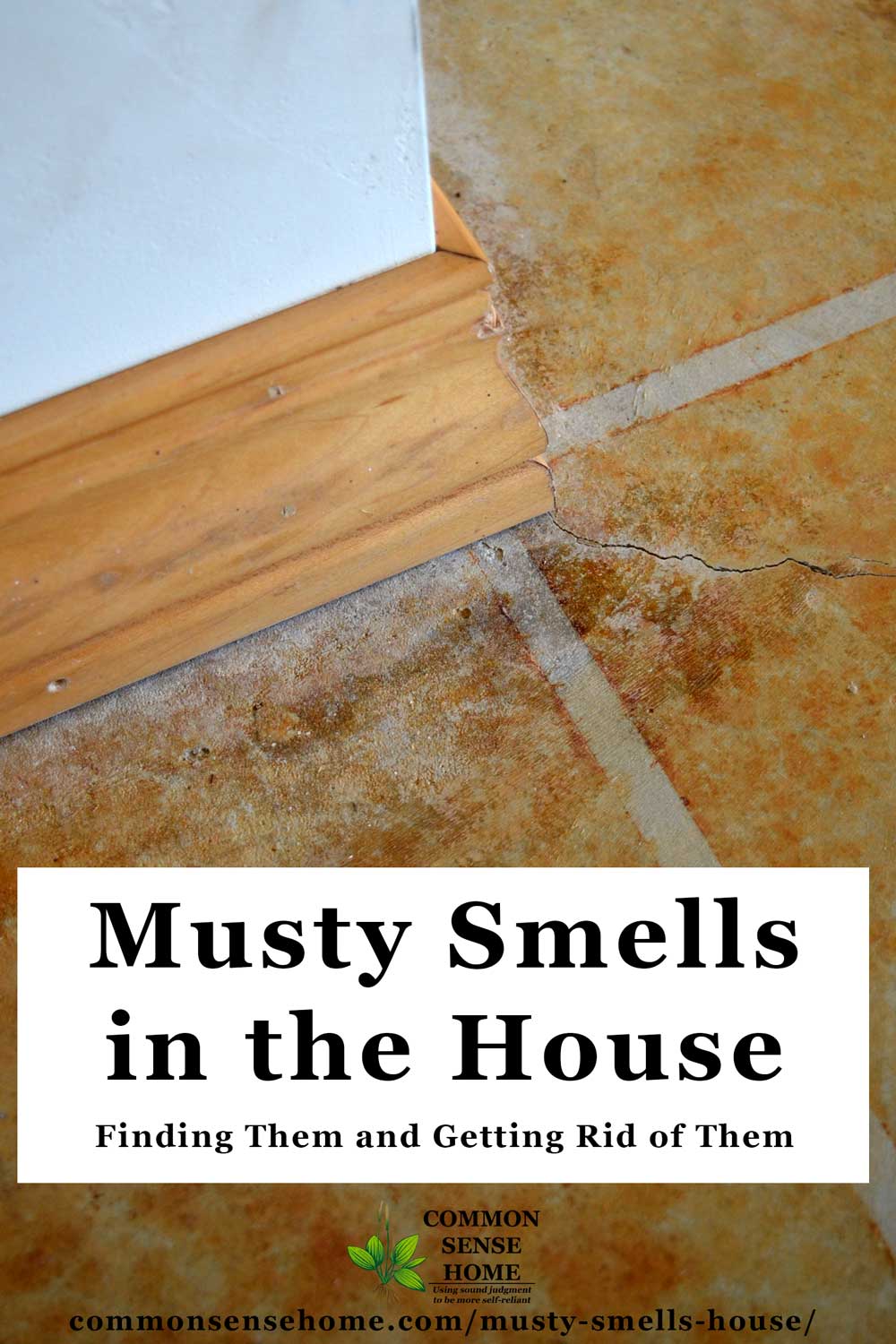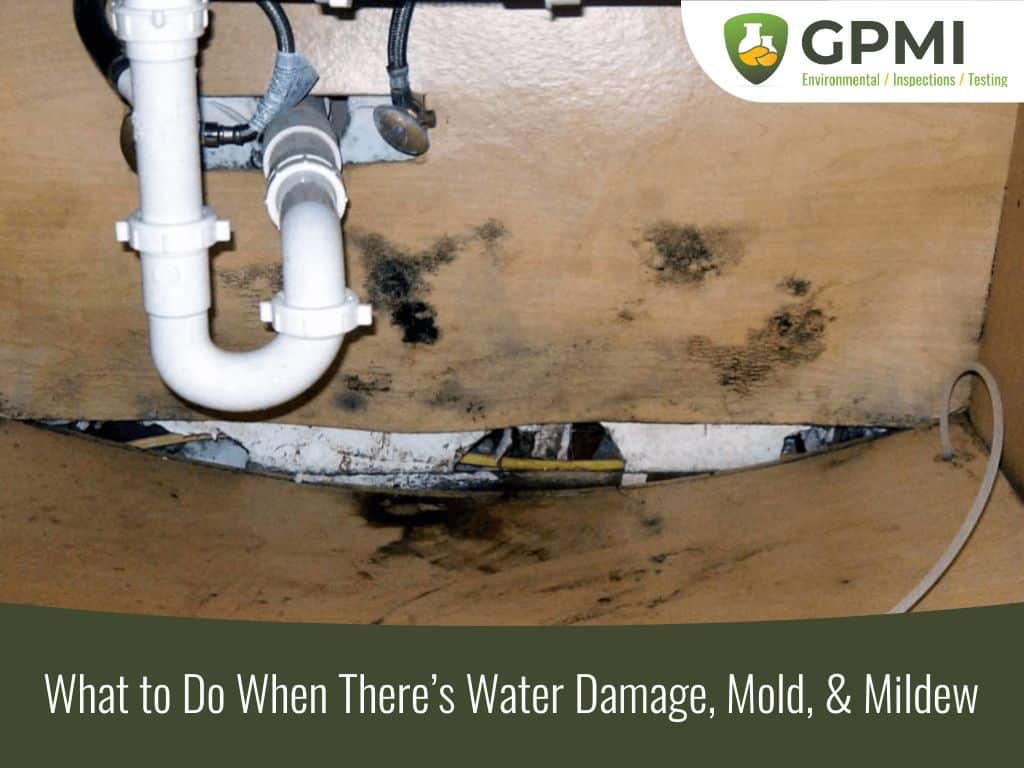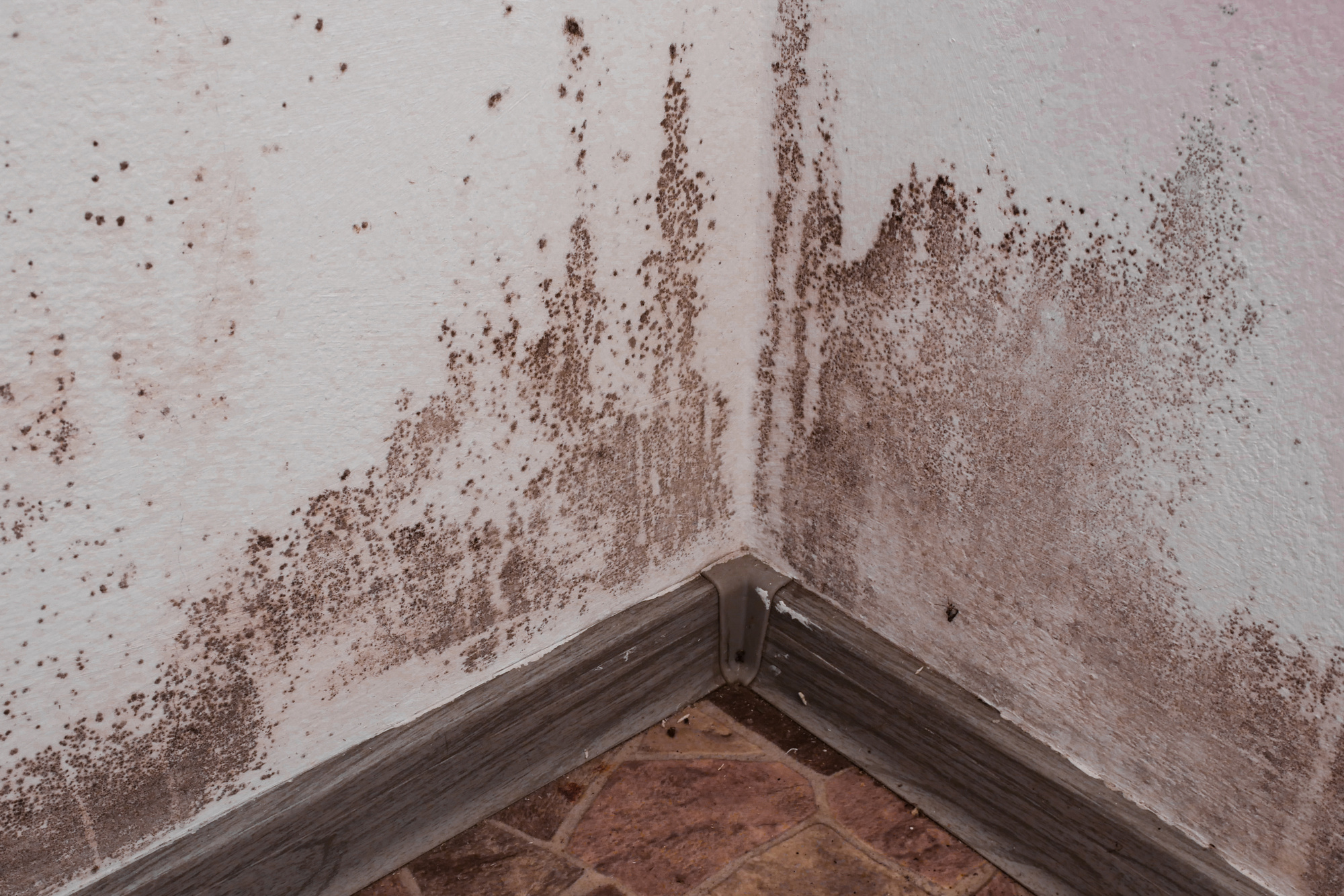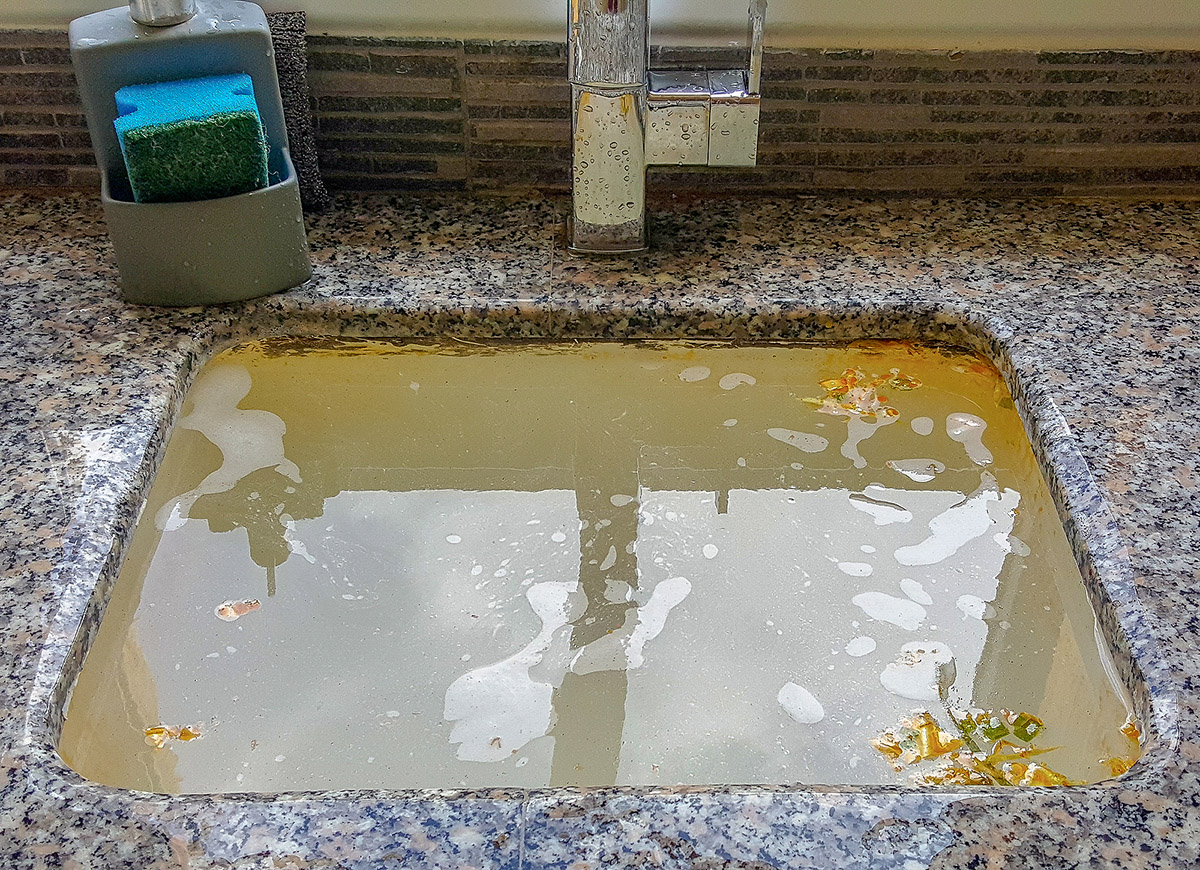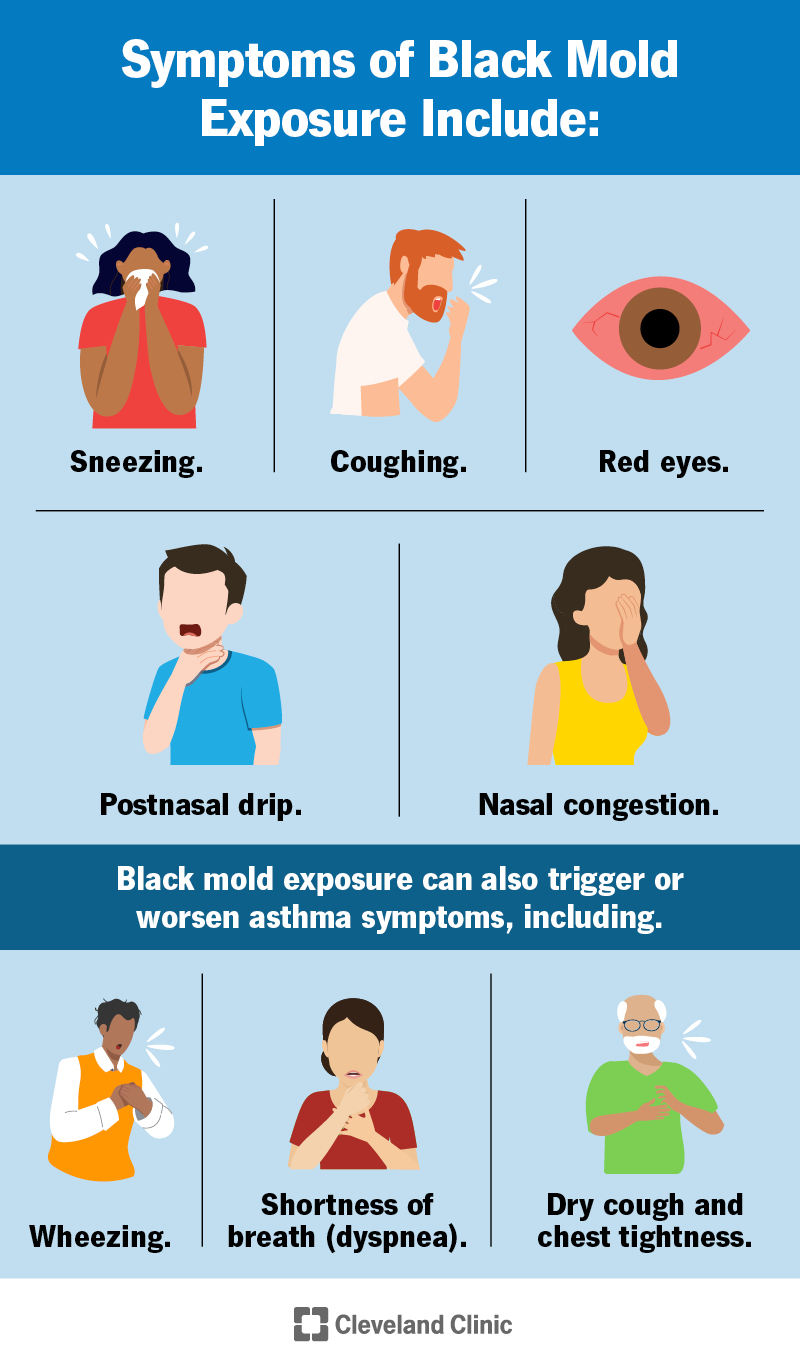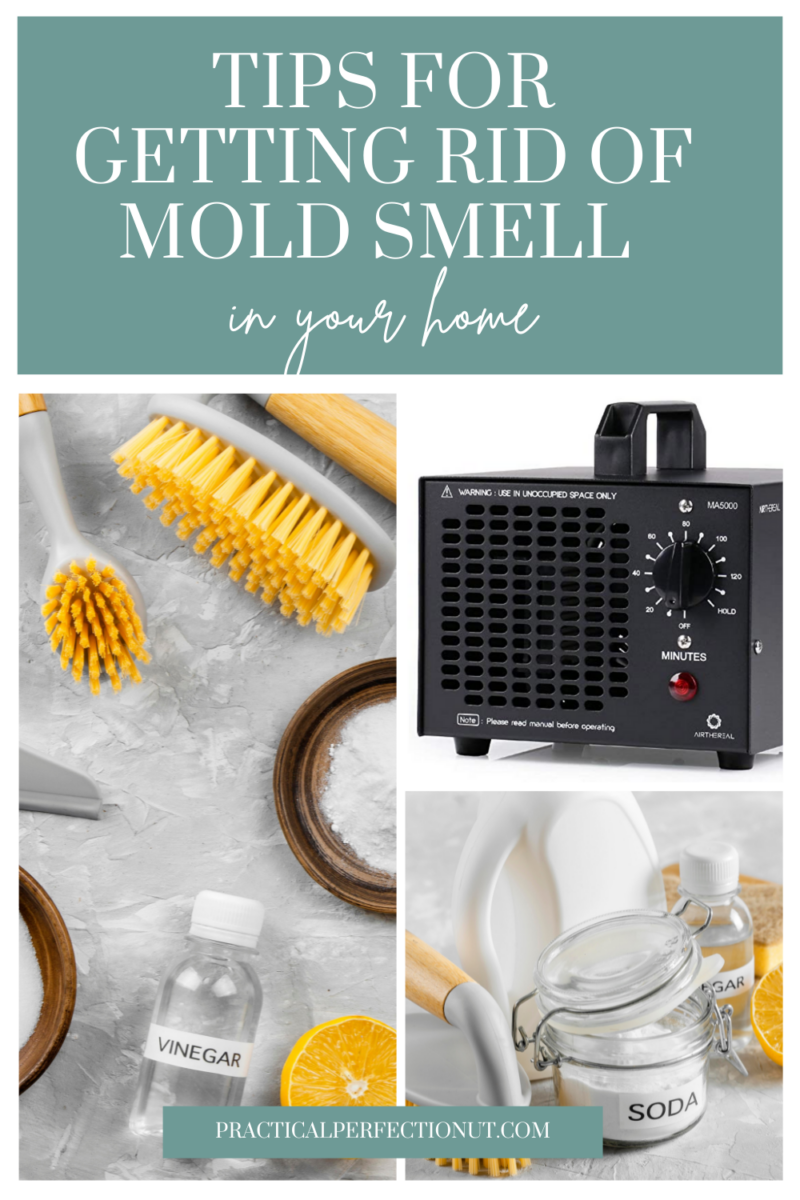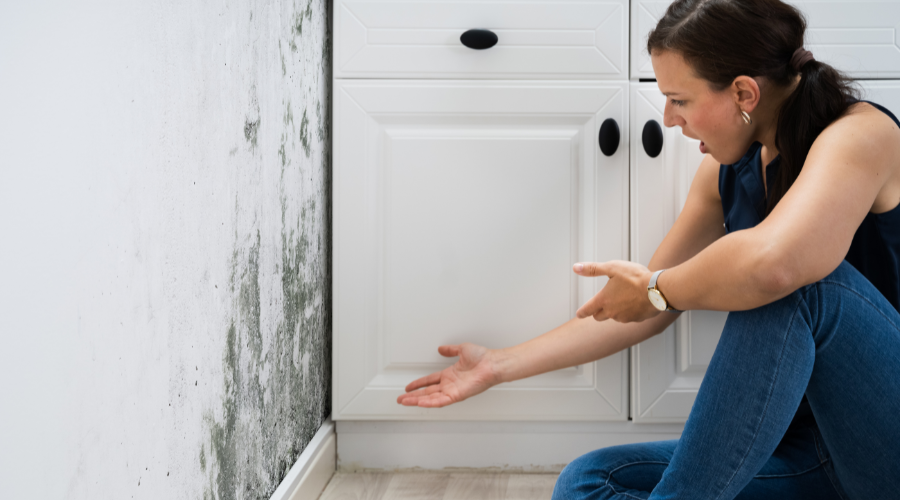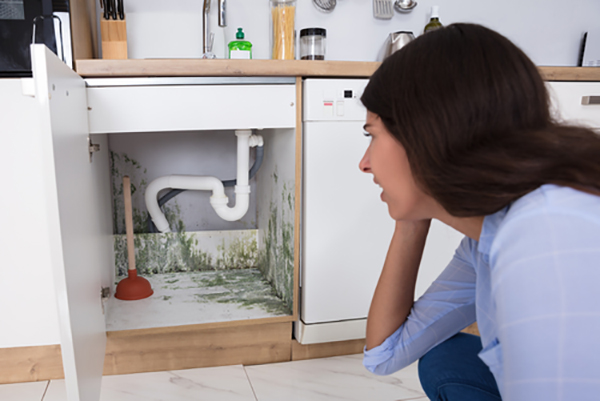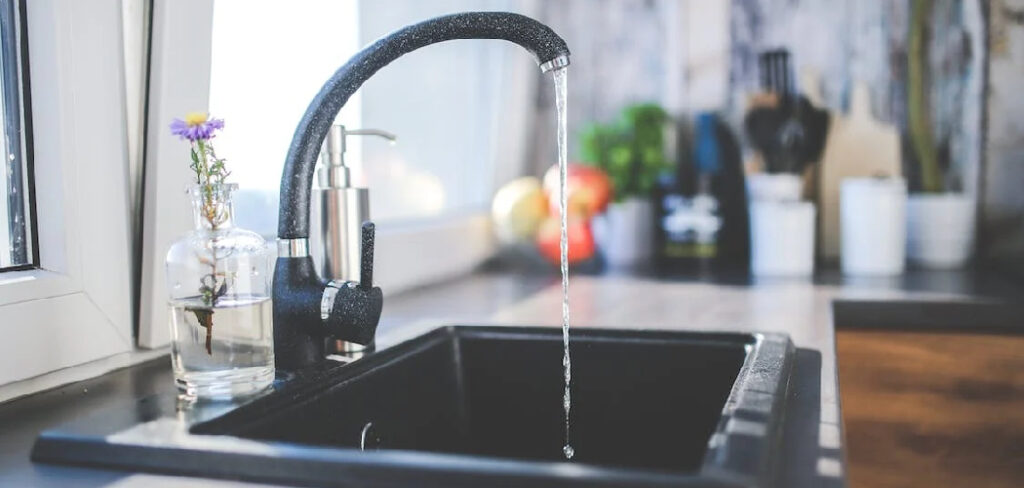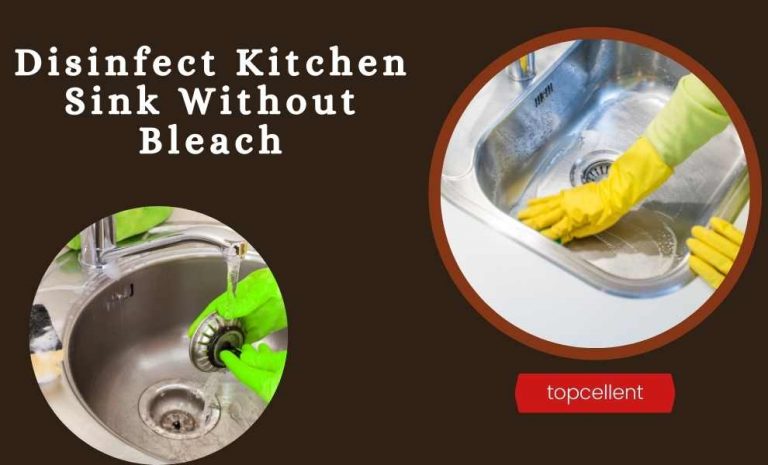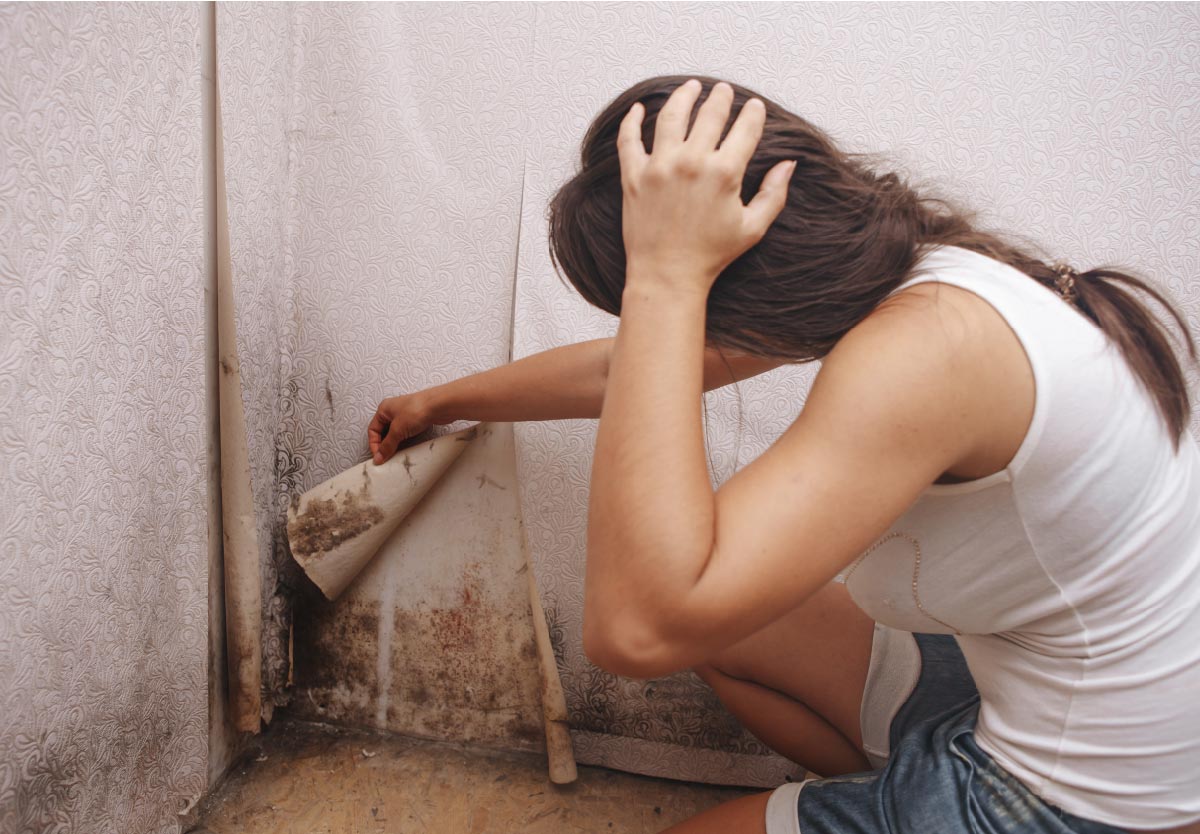If you've noticed a musty or foul odor coming from your kitchen sink, chances are you have a mold problem. Mold thrives in damp and dark environments, making your kitchen sink the perfect breeding ground. But what exactly causes this unpleasant smell to emanate from your sink? There are a few possible reasons: - Poor ventilation: If your kitchen is not properly ventilated, moisture can build up in your sink and create the perfect conditions for mold growth. - Clogged or slow draining pipes: If your sink is draining slowly or seems to be clogged, this can also lead to mold growth. Standing water in your pipes can provide a breeding ground for mold. - Food debris: Food particles that get stuck in your sink can also contribute to mold growth and create a foul odor. - Leaks: A leaky pipe under your sink can create a damp environment, which is ideal for mold to thrive in.1. Causes of Mold Smell from Kitchen Sink
Now that you know what causes mold smell from your kitchen sink, it's time to tackle the problem. Here are some effective ways to get rid of the unpleasant odor: - Clean your sink and drain: The first step is to thoroughly clean your sink and drain. Use a mixture of hot water and dish soap to scrub away any food debris or grime that may be contributing to the mold smell. - Use baking soda and vinegar: Baking soda and vinegar are natural cleaning agents that can help eliminate mold and neutralize odors. Mix equal parts of baking soda and vinegar and pour it down your drain. Let it sit for 20-30 minutes before rinsing with hot water. - Try lemon or orange peels: Citrus fruits have natural anti-fungal properties and can help get rid of mold and freshen up your sink. Simply place some lemon or orange peels in your garbage disposal and run it for a few seconds. - Use a mold-killing solution: If the above methods don't work, you may need to use a stronger solution specifically designed to kill mold. Look for products containing ingredients like hydrogen peroxide or bleach.2. How to Get Rid of Mold Smell from Kitchen Sink
If you prefer to use natural and DIY solutions to get rid of the mold smell from your kitchen sink, here are a few more options: - Salt and lemon juice: Mix a cup of salt with a cup of lemon juice and pour it down your drain. Let it sit for 30 minutes before rinsing with hot water. - Tea tree oil: Tea tree oil has antifungal properties and can help kill mold. Mix a few drops of tea tree oil with water and spray it on your sink and drain. Let it sit for a few minutes before rinsing with hot water. - Hydrogen peroxide and baking soda: Mix equal parts of hydrogen peroxide and baking soda to create a paste. Apply it to your sink and drain and let it sit for 30 minutes before rinsing with hot water.3. DIY Solutions for Mold Smell from Kitchen Sink
If the mold smell persists or you have a severe mold problem in your kitchen sink, it may be time to call in the professionals. A professional mold remediation company can help identify the extent of the problem and safely remove the mold from your sink and pipes. They may also recommend installing ventilation systems or fixing any underlying issues, such as leaks or clogs, to prevent mold from returning in the future.4. Professional Remedies for Mold Smell from Kitchen Sink
As the saying goes, prevention is better than cure. Here are some tips to help prevent mold smell from your kitchen sink: - Keep your sink clean and dry: Make sure to clean your sink regularly and wipe it dry after each use. This will prevent moisture from accumulating and creating a breeding ground for mold. - Avoid putting food debris down the drain: Use a sink strainer to catch any food particles and dispose of them in the trash instead of washing them down the drain. - Fix leaks and clogs promptly: If you notice any leaks or clogs in your sink or pipes, address them immediately to prevent moisture and standing water from promoting mold growth. - Use a mold-inhibiting cleaner: Regularly using a cleaner that contains ingredients like hydrogen peroxide or bleach can help prevent mold growth in your sink.5. Preventing Mold Smell from Kitchen Sink
Certain habits and practices can contribute to mold growth and the unpleasant odor coming from your kitchen sink. Some common culprits include: - Leaving dishes in the sink: Dishes left in the sink for an extended period can create a damp environment for mold to grow. - Not using your garbage disposal: Food particles left in the garbage disposal can also lead to mold growth and create a foul smell. - Poor ventilation: As mentioned earlier, poor ventilation in your kitchen can promote mold growth and cause a musty smell. - Ignoring leaks or clogs: If you ignore leaks or clogs in your sink or pipes, you're essentially creating the perfect conditions for mold to thrive.6. Common Culprits of Mold Smell from Kitchen Sink
In addition to being unpleasant, mold smell from your kitchen sink can also pose potential health risks. Breathing in mold spores can aggravate respiratory conditions such as asthma and allergies and may even cause respiratory infections. Mold can also produce toxic substances called mycotoxins, which can cause a variety of health issues, including headaches, dizziness, and fatigue.7. Health Risks of Mold Smell from Kitchen Sink
Aside from the unpleasant smell, there are other signs that you may have mold growing in your kitchen sink. These include: - Visible mold growth: If you notice black or green spots in your sink or drain, it's a clear sign of mold growth. - Discoloration: Mold can also cause discoloration in your sink, such as black or green stains. - Changes in water pressure: If you notice a decrease in water pressure, it could be due to a clogged or mold-infested drain.8. Signs of Mold Growth in Kitchen Sink
Regularly cleaning and disinfecting your kitchen sink can help prevent mold growth and eliminate any lingering mold smell. Here's a simple method you can follow: - Step 1: Mix equal parts of hot water and dish soap in a bucket. - Step 2: Use a scrub brush or sponge to clean your sink and drain thoroughly. - Step 3: Rinse the sink and drain with hot water. - Step 4: Mix equal parts of water and white vinegar in a spray bottle. - Step 5: Spray the solution on your sink and drain and let it sit for 10-15 minutes. - Step 6: Rinse with hot water and let the sink air dry.9. How to Clean and Disinfect Kitchen Sink to Eliminate Mold Smell
Regular maintenance is essential to prevent mold smell from your kitchen sink. By keeping your sink and drain clean and addressing any issues promptly, you can avoid mold growth and the unpleasant odor that comes with it. Make sure to also regularly check for leaks and clogs and address them immediately to prevent moisture buildup and mold growth. Additionally, practice good habits, such as not leaving dishes in the sink and using your garbage disposal regularly, to keep your sink clean and dry. In conclusion, mold smell from your kitchen sink is not only unpleasant but can also pose potential health risks. By understanding the causes, taking preventive measures, and addressing any issues promptly, you can eliminate the mold smell and keep your kitchen sink clean and fresh. Whether you opt for DIY solutions or seek professional help, make sure to regularly maintain your sink to prevent mold growth and keep your kitchen smelling fresh and clean.10. Importance of Regular Maintenance to Avoid Mold Smell from Kitchen Sink
The Dangers of Mold Smell from Your Kitchen Sink
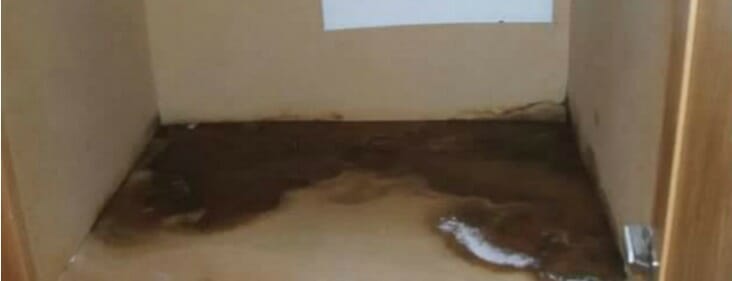
Understanding the Problem
The Effects of Mold on Your Health
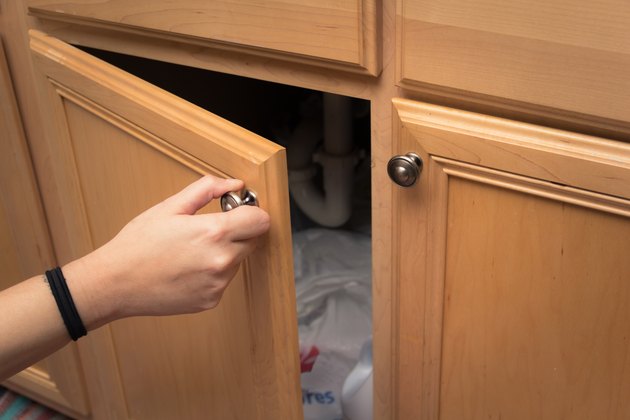 The musty smell coming from your kitchen sink may seem harmless, but those spores released by mold can have serious health consequences. According to the Centers for Disease Control and Prevention, exposure to mold can cause respiratory problems, including coughing, wheezing, and throat irritation. It can also trigger allergy symptoms such as sneezing, runny nose, and watery eyes. Prolonged exposure to mold can even lead to more severe health issues, such as asthma and lung infections.
The musty smell coming from your kitchen sink may seem harmless, but those spores released by mold can have serious health consequences. According to the Centers for Disease Control and Prevention, exposure to mold can cause respiratory problems, including coughing, wheezing, and throat irritation. It can also trigger allergy symptoms such as sneezing, runny nose, and watery eyes. Prolonged exposure to mold can even lead to more severe health issues, such as asthma and lung infections.
Identifying and Eliminating the Source
Preventing Future Mold Growth
 To prevent mold from returning, it is essential to address any underlying issues with your plumbing. Leaking pipes and fixtures can create excess moisture, providing the perfect conditions for mold to thrive. If you notice any leaks, it is crucial to have them repaired as soon as possible. Additionally, make sure to keep your sink and drain clean and dry to prevent mold from growing.
Ventilating
your kitchen by opening windows or running exhaust fans can also help reduce moisture levels and prevent mold growth.
To prevent mold from returning, it is essential to address any underlying issues with your plumbing. Leaking pipes and fixtures can create excess moisture, providing the perfect conditions for mold to thrive. If you notice any leaks, it is crucial to have them repaired as soon as possible. Additionally, make sure to keep your sink and drain clean and dry to prevent mold from growing.
Ventilating
your kitchen by opening windows or running exhaust fans can also help reduce moisture levels and prevent mold growth.
Conclusion
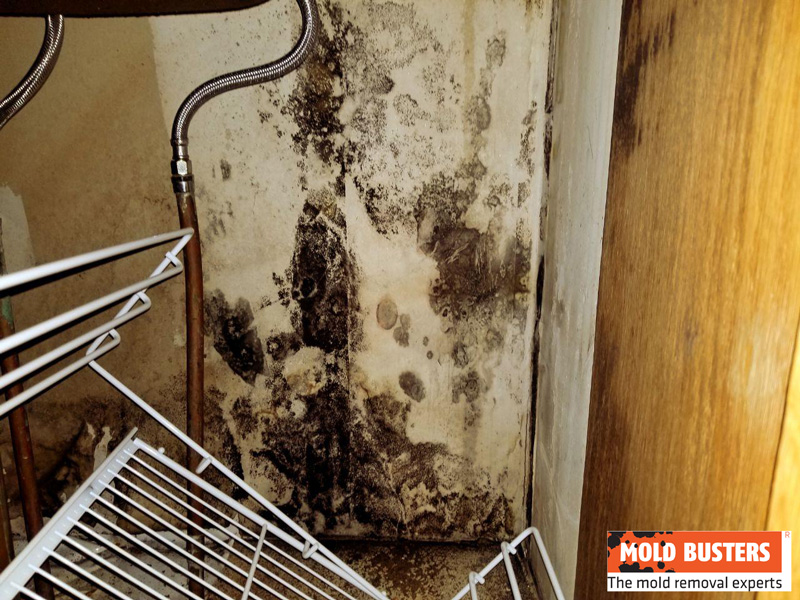 Mold smell from your kitchen sink is not only unpleasant but also a potential health hazard. It is crucial to address the issue promptly by identifying the source and taking necessary measures to prevent future growth. Regular cleaning, proper ventilation, and addressing any plumbing issues can help keep your kitchen smelling fresh and free of mold. Don't ignore the musty smell coming from your sink; take action to protect your health and maintain a clean and
healthy
kitchen.
Mold smell from your kitchen sink is not only unpleasant but also a potential health hazard. It is crucial to address the issue promptly by identifying the source and taking necessary measures to prevent future growth. Regular cleaning, proper ventilation, and addressing any plumbing issues can help keep your kitchen smelling fresh and free of mold. Don't ignore the musty smell coming from your sink; take action to protect your health and maintain a clean and
healthy
kitchen.



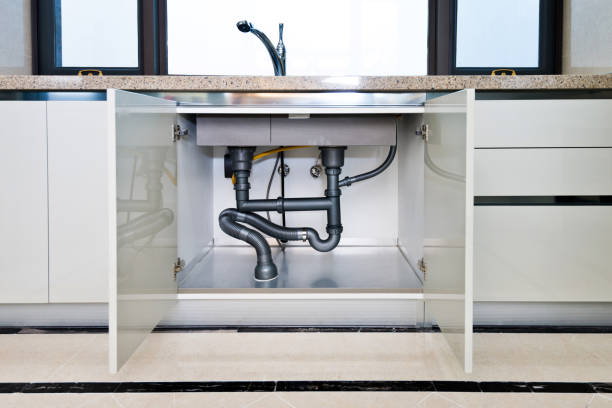

















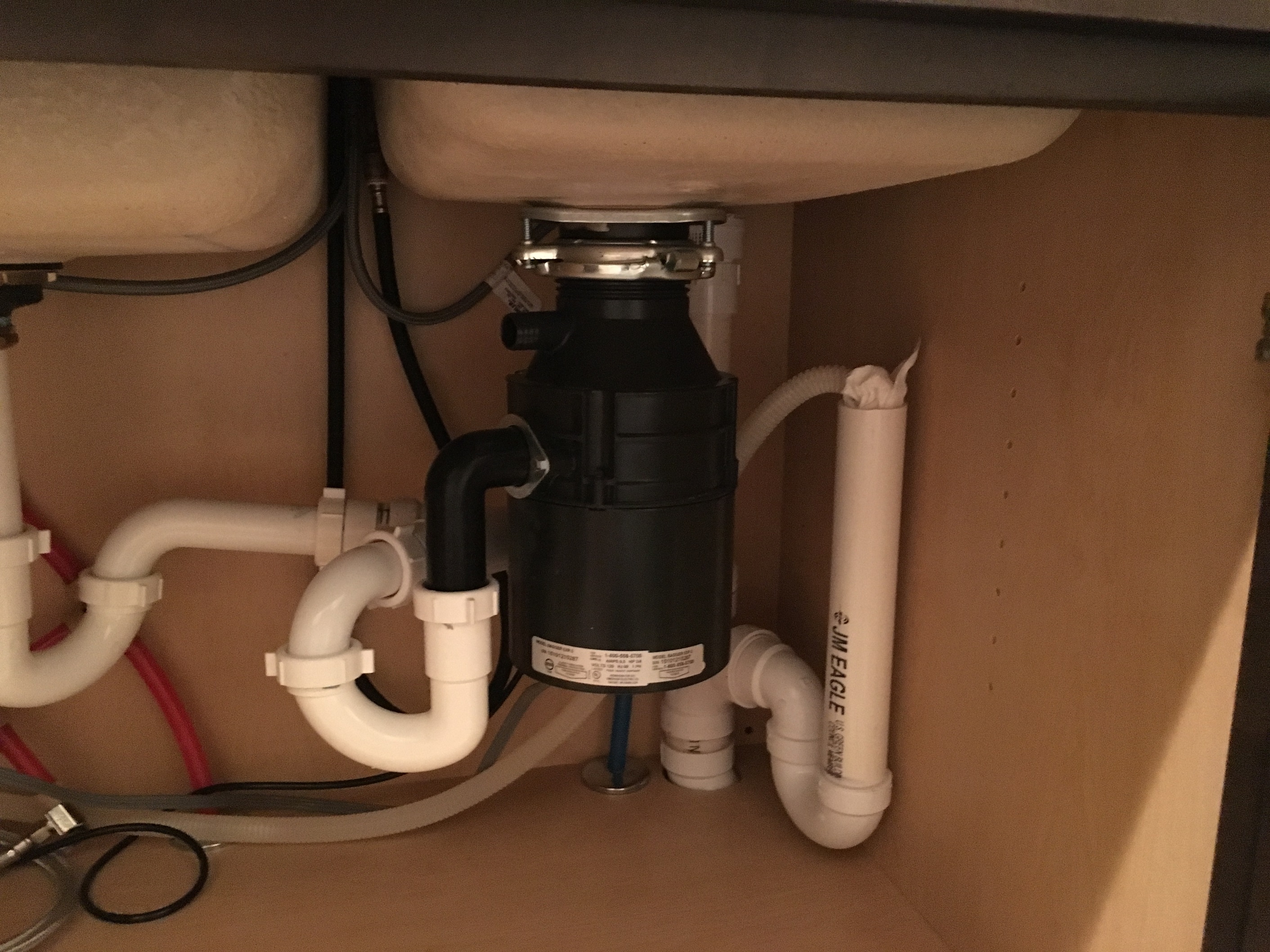
:max_bytes(150000):strip_icc()/why-does-my-kitchen-sink-smell-like-sewage-4707719_01-2030e27351fe4c6c9e1d94145dbbe30a.jpg)
